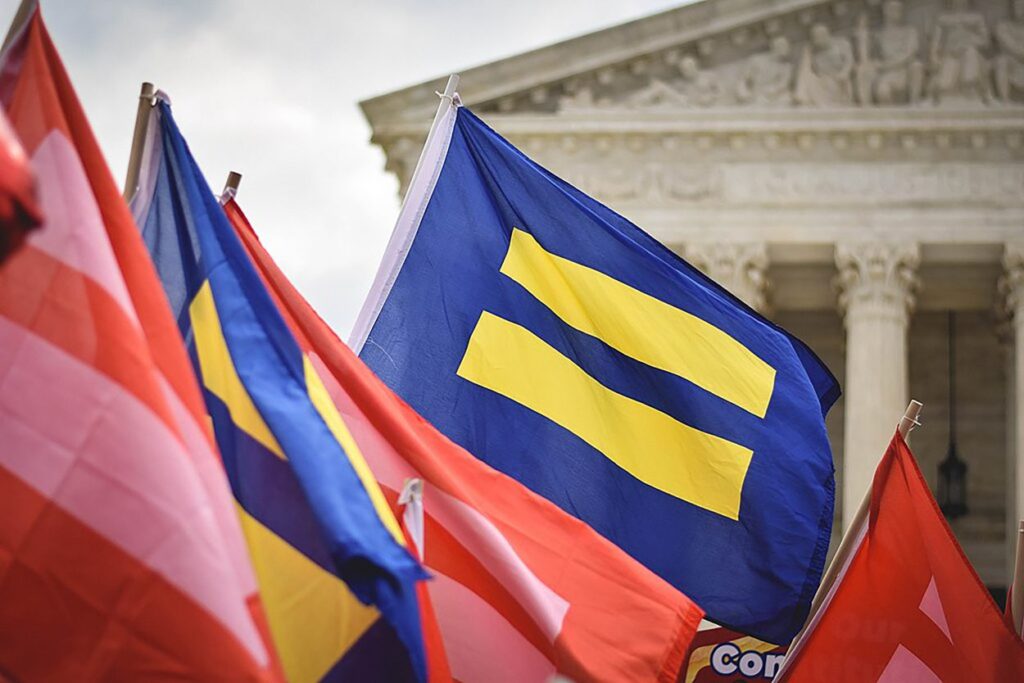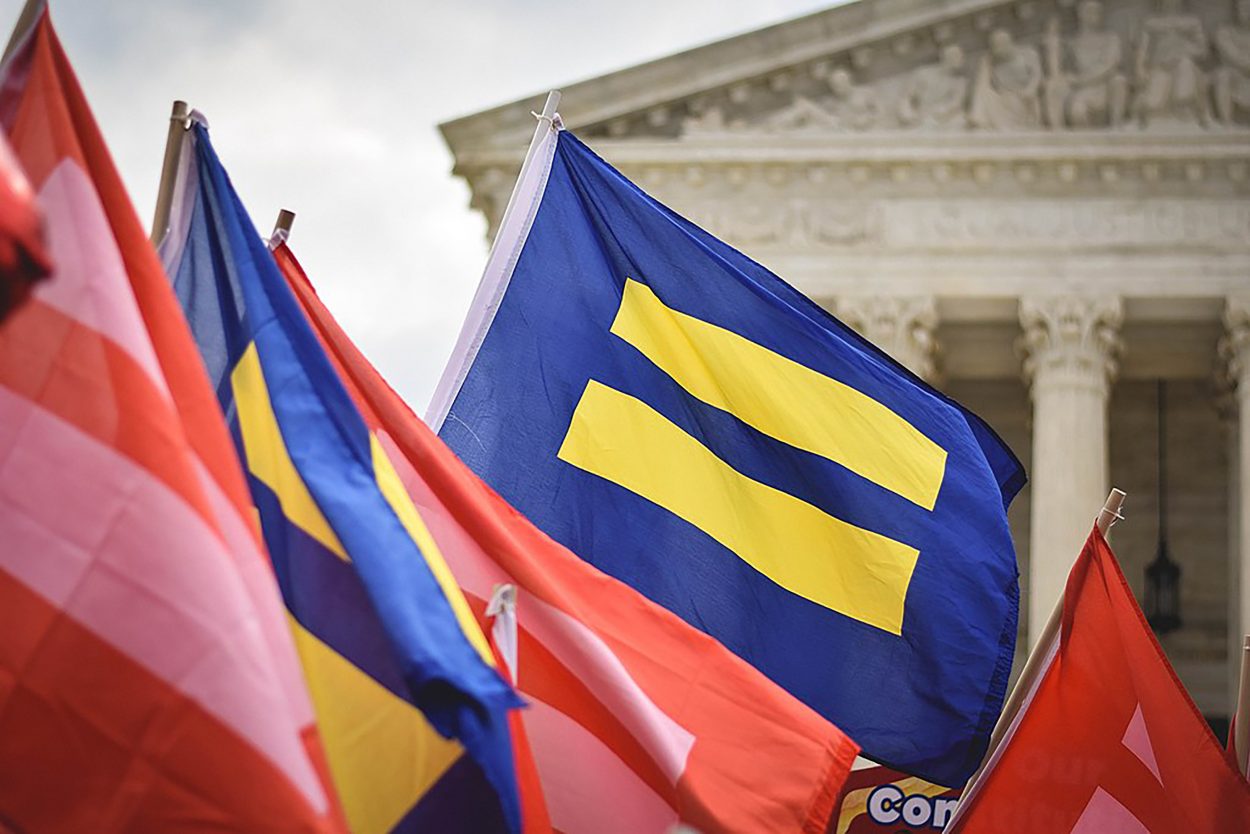
Written by Mitali Shukla
After six years of employment as a funeral home director in Michigan, transgender woman Aimee Stephens was fired after coming out to her boss. According to the National Center for Transgender Equality, 21 states have legislation in place to protect trans people from situations like this, but Michigan is not one of them. Due to her discriminatory firing, Stephens’ filed case will soon face the judgment of the Supreme Court.
Chapman political science professor Gordon Babst said that the issue with Stephen’s termination was due to a dress code violation, according to the owner of the funeral home.
“Apparently, the funeral home has a dress code for employees and she was wearing women’s professional clothing, but the owner had a problem with this being a transgender person,” Babst said. “They said that it violated the dress code because in the owner’s mind, this person remained a man.”
The additional cases that the Supreme Court is set to review in June 2020 include not only Aimee Stephens, but the cases of two gay men who had their employment terminated due to their sexual orientation. Skydiver Donald Zarda, who died in a 2014 Building Antenna Span Earth (BASE) jumping accident in New York, and Georgia county government worker Gerald Lynn Bostock. According to TIME, Zarda mentioned his sexuality to a female skydiver so she felt more comfortable in close proximity to him.
“It’s crazy to me that that’s something that’s still up for debate,” said Connie Ticho, a senior film production and anthropology double major. “I would assume that people who fire gay people and trans people also probably didn’t support marriage equality and bosses think they have the jurisdiction to decide if they want these people around.”
On Oct. 8, the Supreme Court Justices discussed whether or not the LGBTQIA+ community is protected by Title VII, which outlaws employers from discrimination on the basis of race, religion, national origin and sex.
“I applaud the fact that these particular individuals are bringing these cases forward,” said Naveen Jonathan, a Chapman psychology professor. “I think of the people out there who don’t have that voice or are afraid to use it and their concern for their own safety if they say something.”
The debate contests whether or not sex implies sexuality, which will be the center focus the Supreme Court will review in their new term. Their interpretation of the law constitutes whether or not it is legal to discriminate against an employee based on these criteria. The Justices are set to review the case next June, prior to the 2020 election.
When asked what benefits diversity brings to the workforce, Ticho said that the people working behind the scenes at any given organization should mirror their customers.
“It’s important to have the people who are working to reflect the people they’re serving,” Ticho said. “There should be more LGBTQIA+ people in government so it reflects their constituents.”
The First Amendment can often be cited as a defense for discrimination on the basis of sexuality and gender expression; it allows for citizens to refuse to tolerate the LGBTQIA+ community on the basis of their religion and has become a cornerstone argument for religious conservatives.
“Can I tell you something else that I think is very ironic?” Babst said. “You aren’t allowed to discriminate against someone else on the basis of their religion; but you can discriminate against someone on the basis of your religion.”
Babst told The Panther that prior to its enactment, the 1964 Civil Rights Act did not specify that discrimination on the basis of one’s sex was illegal.
“(Sex) was added by a Southern senator because he thought that this was so outrageous that women couldn’t be discriminated against; he thought that that was so outrageous that it would doom the entire bill,” Babst said.
Jonathan said that as someone who is out, he struggled with the fact that while same-sex marriage was legalized in 2015, it is still technically legal for employers to discriminate against those of a particular sexual orientation or gender identity.
“I don’t believe employers have that particular right and I recognize that people have a variety of different views,” Jonathan said. “Marriage equality was a basic civil rights issue where same-sex couples wanted recognition and all the benefits that come with that.”

